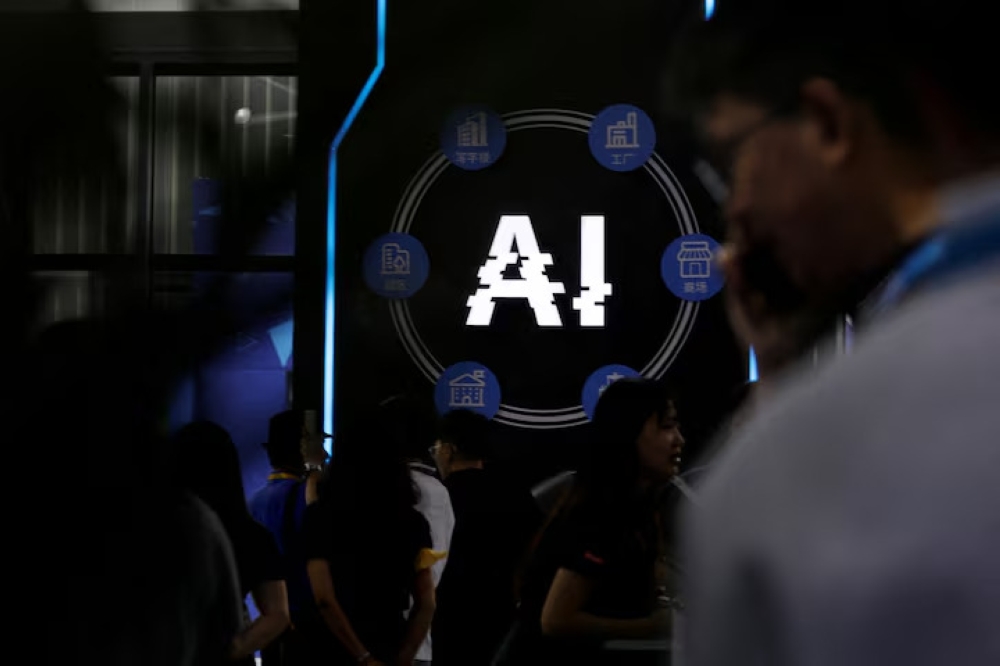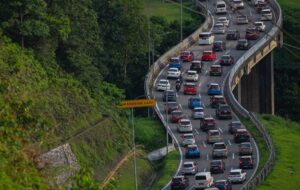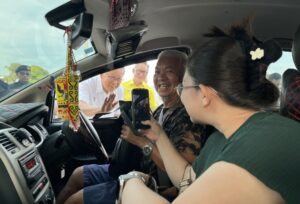KUALA LUMPUR, Aug 6 — The world has come a long way since the 1980s and 90s — we’re now in the digital age, and while technology — particularly artificial intelligence (AI) — has greatly improved everyday life, it has also raised questions about job security, a concern that extends globally.
At the heart of this transformation is artificial intelligence (AI), a tool that has made daily tasks more convenient, but also sparked concerns over job security — including here in Malaysia.
As AI capabilities grow more sophisticated, the conversation is shifting from if it will affect jobs to how and which ones.
That’s something human resources (HR) professional Shukor Fuad, 41, knows all too well.
Based in Petaling Jaya with 17 years of HR experience, Shukor believes the impact of AI on jobs in Malaysia largely depends on the nature of the work.
He notes that while certain roles — particularly those that are repetitive or process-driven — may be replaced or significantly changed, AI is also generating entirely new job opportunities that previously did not exist.
“Rather than viewing AI purely as a threat, I believe we should see it as a tool to enhance human capabilities.
“The key is to embrace and integrate AI into our work, and most importantly, to continuously reskill and upskill ourselves,” he said.
He emphasised that by adapting to these changes, individuals not only remain relevant but also enhance their competitive edge in an increasingly digital and global job market.
“Ultimately, it’s about adaptability.
“The workforce that learns to work with AI rather than against it will thrive in the future economy,” he concluded.
And today, that shift is already underway.
Roles once thought untouchable — in design, marketing, customer service — are now being re-evaluated in light of automation.
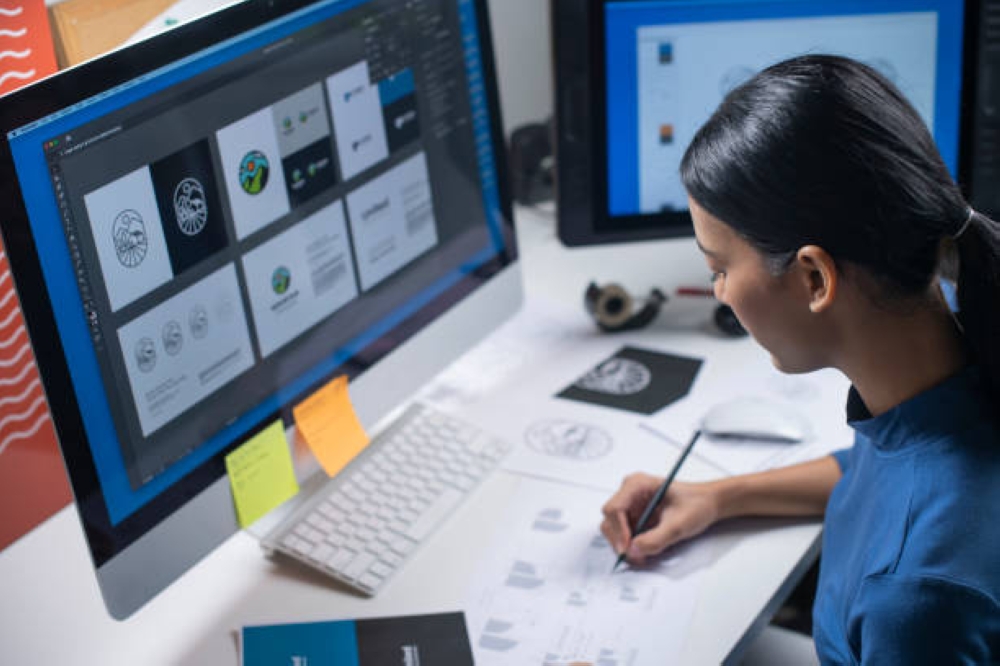
In the past two years alone, many graphic design departments in Malaysia have seen their doors closed. — Pixabay pic
Graphic designers
Graphic designers fall squarely into that category, where these past two years alone, many corporate graphic design departments have closed their doors, while those that remain often operate with only one or two staff members.
One main reason is the existence of design tools like Canva and DesignWizard, which have made it easier for anyone to handle design tasks efficiently.
Do professional graphic designers still matter?
Graphic designer Sandy Loh, 29, told Malay Mail that while these tools make design more accessible, they mostly handle simple, template-based tasks.
“There is still strong demand for designers in Malaysia — including in the business sector — largely because they bring cultural insights, emotional depth, and creativity that AI tools cannot replicate, especially when crafting authentic, locally resonant content,” said Loh.
Graphic designers’ jobs will still be valuable in the future, according to Nathan How, 25, but full-time roles may decline.
“AI tools seem to be levelling the playing field, allowing for less skilled and experienced users to create designs themselves,” said the graphic designer.
Loh added that designers need to adapt and upskill to stay relevant.

Copywriting is no longer a guaranteed safe career path due to the rise of AI writing tools like ChatGPT. — Pixabay pic
Copywriters
Getting into copywriting isn’t the safest move these days either, especially with ChatGPT quickly becoming Malaysians’ favourite writing companion.
According to copywriter Muzakir, 36, AI writing tools might look impressive, but they still have trouble understanding the deeper meanings of language and culture, especially in a diverse country like Malaysia.
Wordsmith Matthew Corban, 32, added that the role of a copywriter isn’t becoming obsolete but evolving.
“AI tools have shifted expectations — lowering the barrier to entry while also raising the standard for what good copy should achieve,” said Matthew.
Both Matthew and Muzakir agree that the job scope remains stable for now, with many workplaces still hiring fresh graduates and interns — a trend likely to continue in the future.
“If copywriters become unnecessary in the future, it will be because the job of persuasive communication has evolved beyond just text,” said Muzakir.
“I heard a quote recently,” said Matthew.
“AI won’t take your job, but a human with AI will.
“ChatGPT and other tools still need someone to operate them, and companies are going to hire the person who can make the most of those tools.
“Besides, there’s always going to be a need for real, human copy,” he added.

While AI coding tools exist, they are not advanced enough to fully replace human programmers. — Pixabay pic
Computer programmers
Right when you least expect it, computer programmers have joined the bandwagon — thanks to the rise of coding tools like Copilot and Qodo, evidently used by about 55 to 60 per cent of Malaysians.
Nigel Ng, 26, a computer programmer of eight years, stated that with the existence of these applications, it is not replacing programmers’ role nationwide, a sentiment echoed by fellow programmer Callum Song, 26, who said the role is evolving rather than disappearing.
“I read in a journal about the concept of 70 per cent rule where AI can take you about 70 per cent of the way, but the remaining 30 per cent is where today’s computer programmers step in,” said Nigel.
“We still need to review bugs and validate the code that generative AI produces because it often doesn’t account for task-specific requirements.”
Another programmer, Andrew Corban, 29, added that while AI may reduce team size by cutting bloat, any serious development team knows skilled engineers are still essential for architecture, oversight, and secure development.
There remains strong nationwide interest in pursuing programming, especially among millennials, and AI looks to become more of a toolbox for programmers in the future instead of a full blown replacement.
Nigel advises that one needs to be smart about where AI can succeed.
“Some models are good at building mathematical frameworks, others aren’t — knowing which one to use is what makes a good programmer,” he said.
“While programming languages may become more automated, human interaction with technology remains essential both nationwide and globally,” Callum added.
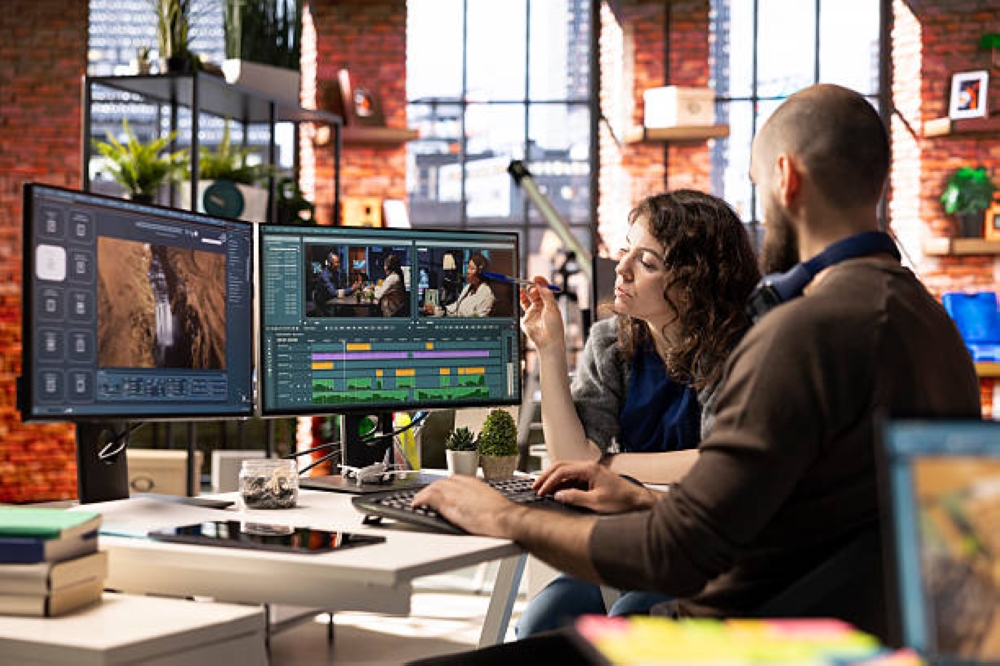
Video editing platforms like Sora One can automate complex video editing tasks, but they still fall short of replacing professional video editors. — Pixabay pic
Video production/editors
In video production, editing is another job that could be at risk.
Like the AI-powered tools available for design, writing, and coding, Sora One automates complex editing tasks, making it easier for less skilled users.
However, according to videographers Kevin, 26, and Jia, 26, these tools still aren’t advanced enough to take over the roles of editors.
“They are useful mainly for speeding up certain tasks or as a reference, but cannot replace human creativity,” said Kevin.
Both Kevin and Jia doubt the roles will become obsolete in the future, but it’s a fear faced in the field of video production nationwide.
“The role of a video editor will only become obsolete if AI tools can truly understand the creative process and trends necessary to craft videos tailored to a creator’s needs,” Kevin added.
Jia believes it’s important to think outside the box and recognise the fear of AI, as that fear can help Malaysians assess the situation more clearly instead of simply resisting it.
“Instead, individuals should ask themselves how they can differentiate themselves from what AI can do,” he added.
While the future of AI is still unfolding, one thing is clear: it’s more likely to assist Malaysians at work than replace them entirely.
